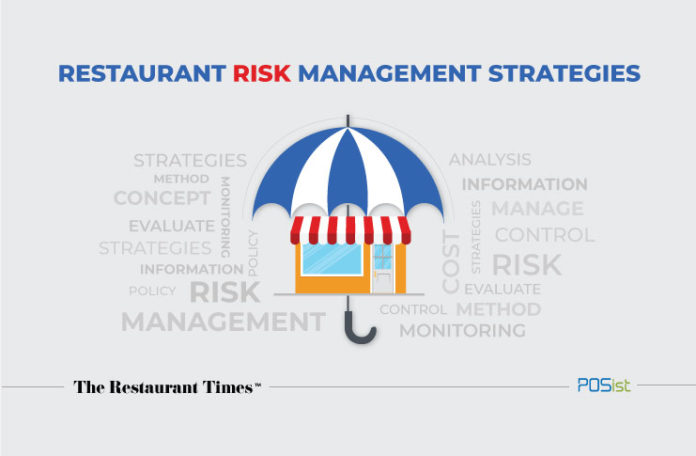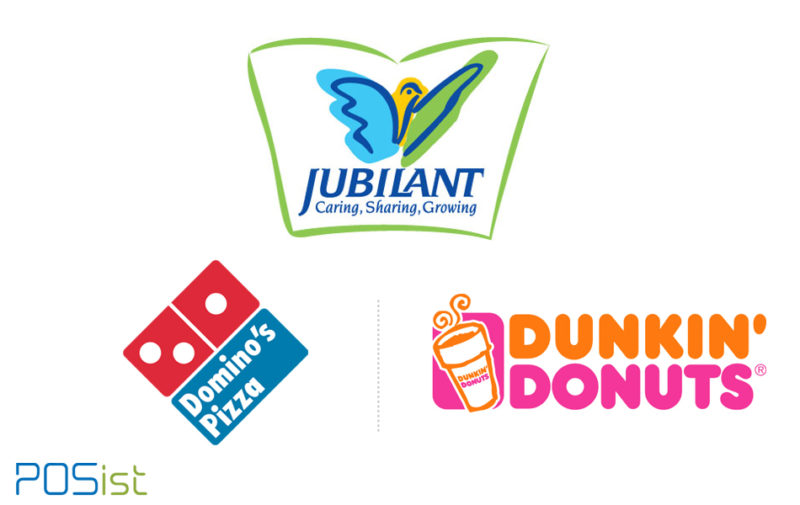The food and beverage industry is prone to accidents and injuries. While bigger risks include major fire accidents, even a slippery floor can lead to a staff or customer injury that can result in a possible lawsuit and negative publicity on social media.
To avoid such instances, it is essential that you keep yourself armed with effective risk management strategies. After all, prevention is better than cure, right?
Effective Restaurant Risk Management Strategies To Employ At Your Business
Try these restaurant risk management strategies to prepare your restaurant business for any potential accidents.
1. Train Your Employees Well
Training your employees well will ensure that they know how to handle the equipment and know the safety procedures for the smooth functioning of your restaurant.
Conduct regular training sessions for using the kitchen equipment for both existing and new employees so that they are well aware of the processes. Also, it is a good idea to have ‘Fire Drills’ and other such drills to prepare them in the case of a natural disaster or hazard.
2. Follow The FSSAI Guidelines
The Food Safety and Standards Authority of India (FSSAI) has laid out certain guidelines for restaurants and food businesses that need to be followed. The guidelines include every aspect of food handling, right from procuring of raw ingredients to the storing of food and preparation. Following these guidelines diligently would reduce the risks related to food such as food poisoning due to spoiled food or decontamination.
Here’s a list of the FSSAI Guidelines that you should be following.
3. Make Sure Your Restaurant Is Abiding the Legal Norms
There are certain government regulations that you need to abide by for running a restaurant business. These regulations have been set in place so that the business can run smoothly without running into a potential hazard. For instance, you need an NOC (No Objection Certificate) from the Fire Department before you open a restaurant. The Fire Department inspects the location and property to check for any potential fire risks. Thus, it is essential that you procure all the designated license before you open your restaurant. Having all the licenses in place would also ensure that your business stays away from getting into legal troubles.
Here’s a list of all the licenses required for opening a restaurant business that will help you with the restaurant risk management in the long run.
4. Invest In Proper Equipment and Maintenance
The restaurant kitchen is an accident-prone area. Equipment can malfunction and lead to serious injuries. Thus, it is important to purchase good quality kitchen equipment and also subject them to regular maintenance to avoid any accidents. Often restaurateurs are tempted to purchase second-hand kitchen equipment since they tend to be cheaper. However, ensure that you don’t compromise on quality while trying to save money.
Try these equipment maintenance practices that will help you keep your kitchen equipment running smoothly and avoid potential accidents.
Also, remember to train your staff so that they know to use the equipment properly.
5. Be Aware Of Food Allergies
Since you are dealing with food, you need to clearly mention the items that contain allergy-inducing ingredients in the menu so as to avoid any food-poisoning related incident. For example, if a dish contains peanuts or mushrooms, this needs to be mentioned in the menu description.
Apart from this, take extra precautions and train your staff to ask customers about any food allergies that they may have, especially if you are serving exotic items.
6. Have Insurance
Despite employing the best restaurant risk management strategies, there may be times when an unpreceded accident may occur such as a fire or staff injuries. For such situations, you should be armed with insurance that provides a complete cover for your restaurant business as well as your staff.
The workers in the food beverage industry are more susceptible to workplace injuries than any other sector. Hence, providing insurance will ensure a better work environment and also reduce the chances of you falling in any legal troubles.
Employ the above-mentioned restaurant risk management strategies that will ensure that your business operations continue unhindered.

















